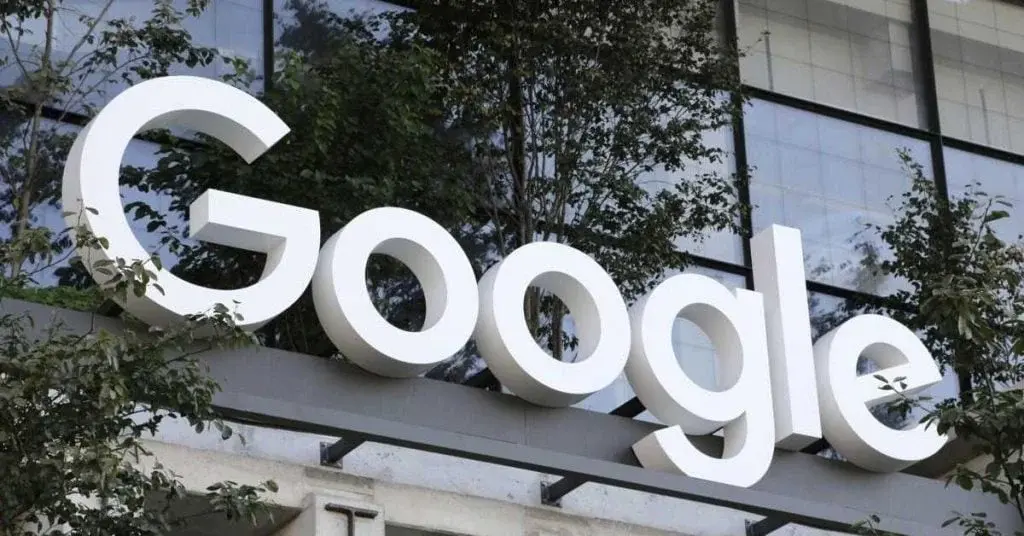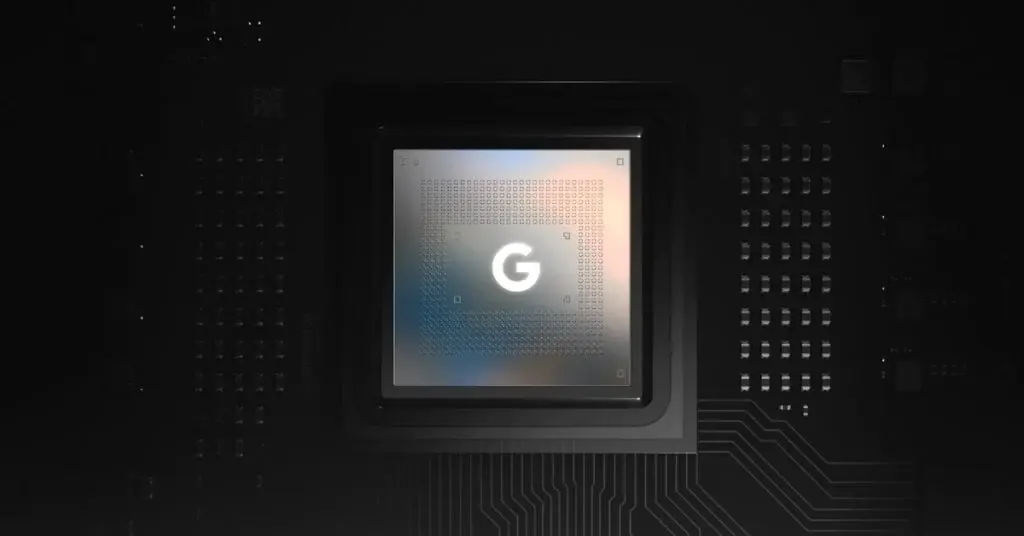Google Settles Patent Infringement Lawsuit Over TPU Chips
Google has reached a settlement in a patent infringement lawsuit over the Tensor Processing Units (TPUs) that power its artificial intelligence (AI) technology. The settlement was reached just hours before closing arguments were set to begin in the case filed by Massachusetts-based Singular Computing. The lawsuit alleged that Google used Singular’s technology in its TPUs and sought $1.67 billion in damages.
What are TPUs?
TPUs are specialized hardware accelerators designed specifically for machine learning and AI workloads. They are optimized to perform complex calculations involved in AI tasks and are significantly faster and more efficient than traditional CPUs or GPUs. TPUs are used to power AI features in popular Google services like Google Search, Gmail, and Translate.
Settlement Details
The details of the settlement between Google and Singular remain confidential. Both parties have confirmed the agreement but declined to provide further comment. Google spokesperson Jose Castaneda maintained the company’s innocence and stated that they were pleased to have resolved the matter.
Singular’s Allegations
Singular, founded by computer scientist Joseph Bates, claimed that Google used their technology in TPUs. Bates allegedly shared his ideas with Google between 2010 and 2014. The lawsuit argued that TPU versions 2 and 3, released in 2017 and 2018, infringed on two of Singular’s patents.
Google’s Defense
Google countered Singular’s claims by stating that the employees who designed their chip had never met Bates and that the technology was created independently. The company argued that their TPU technology differed significantly from Singular’s patents.
Internal Emails Presented at Trial
During the trial’s opening, internal Google emails were presented as evidence. The emails showed the company’s chief scientist, Jeff Dean, discussing with others how Bates’ ideas were “well-suited” for their chip development.
While the exact terms of the settlement remain undisclosed, the resolution of this lawsuit brings an end to the legal dispute between Google and Singular over the alleged patent infringement related to TPUs.


